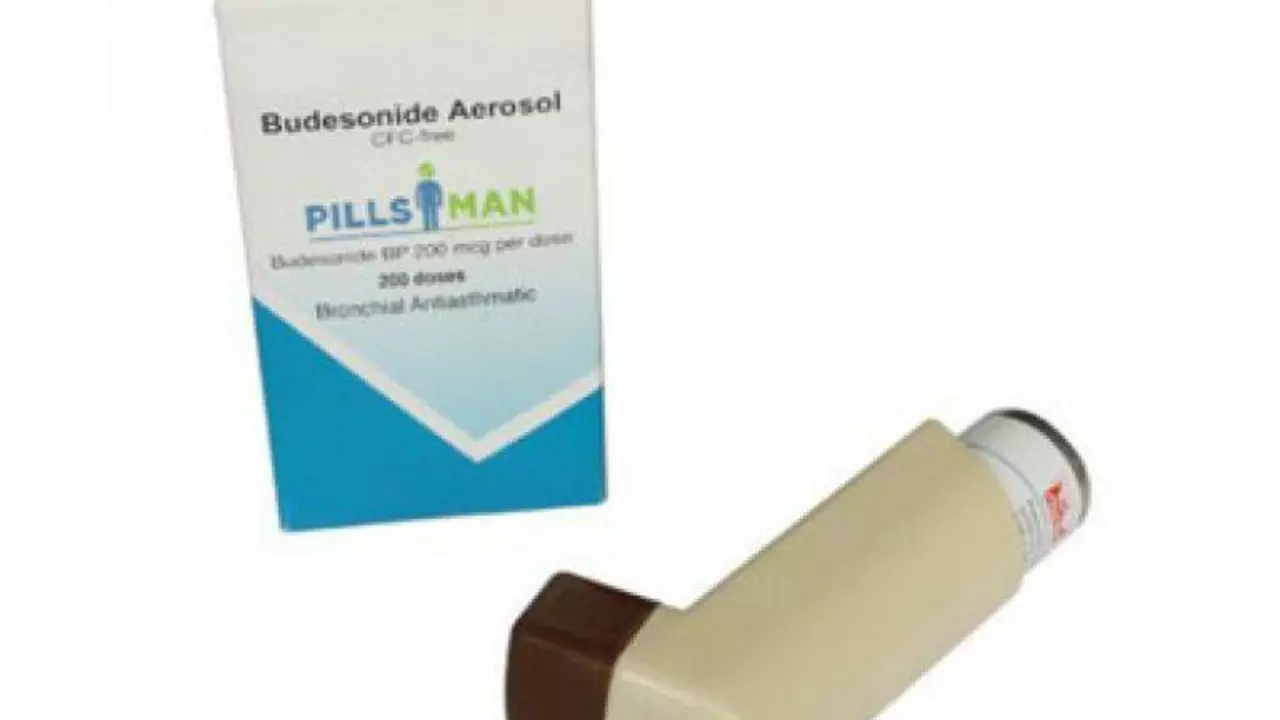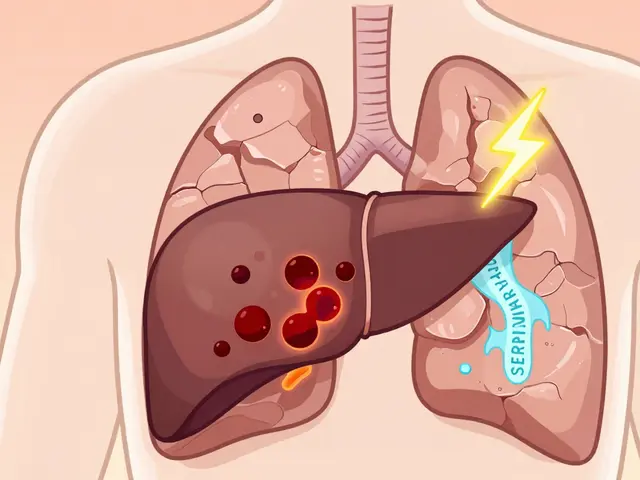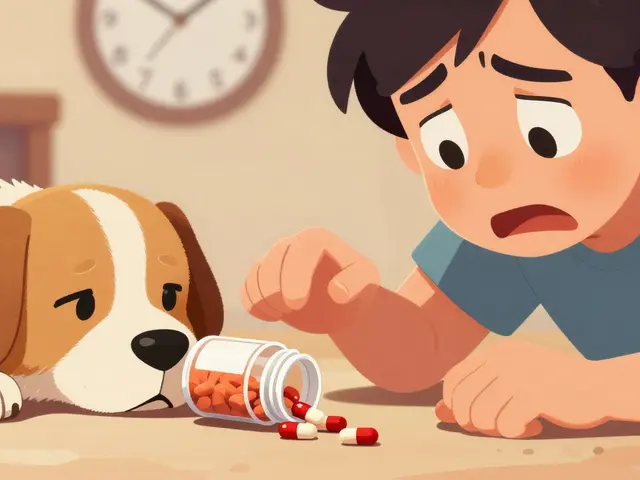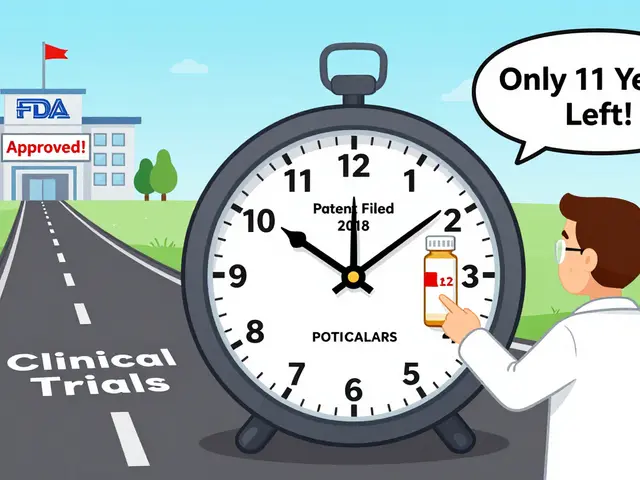Patient empowerment: Take charge of your meds and care
Want to feel less lost at the pharmacy and more in control of your health? Patient empowerment is about knowing your treatment, asking clear questions, and making safer choices—especially when buying medications or switching drugs. This page gives practical steps you can use right away.
Know your meds — the essentials
Carry a simple medication list: drug name (brand and generic), dose, why you take it, and when you started. Note common side effects and any allergies. If you take several pills, ask your doctor or pharmacist for a single list or a pill organizer. That one page saves time in emergencies and stops mistakes when you see new providers.
Learn two quick checks for any medicine: What is it supposed to do for me? And what are the top three side effects I should watch for? If you can’t get a straight answer, ask for written info or a reputable website link. Short, direct answers make it easier to spot problems early.
Ask smarter questions — what to say and why
When you talk to a clinician, use short, specific questions: "What are the expected benefits in the first month?", "What should I do if I notice X symptom?", and "Are there cheaper or safer alternatives?". Ask about interactions with supplements or over-the-counter drugs you use. Record answers on your phone or in a notebook so you don’t forget.
Don’t be shy about second opinions. For major changes—like starting or stopping antipsychotics, thyroid meds, or heart drugs—get another view. Alternative options can have very different side effect profiles, and a second opinion often uncovers safer paths.
Buying meds online? Verify the seller. Look for a physical address, a real pharmacist contact, clear prescription policies, and independent reviews. If a site sells controlled substances without a prescription or prices look too good to be true, step away. Real pharmacies will ask for a prescription and have clear return and privacy policies.
Track how you feel. Use a simple daily log: time, dose, symptoms, mood, and any missed doses. Add photos for rashes or swelling. Bring this to appointments—it turns vague complaints into useful data that guides safer treatment choices.
Make safety part of your routine. Keep all meds in their original containers until you understand them. Store a copy of your medication list in your phone and with a trusted family member. Sign up for medication reminders if you miss doses often.
If something goes wrong, act fast: contact your prescribing clinician or pharmacist, stop the suspected medication only if advised, and document symptoms with dates. For serious reactions—difficulty breathing, chest pain, sudden swelling—seek emergency care immediately.
Start small: update your med list and ask one clear question at your next appointment. Use the article links tagged on this page for deeper reads on online pharmacy safety, side effects, and alternatives. Little actions add up to real control over your health care.
Budesonide formoterol and patient education: empowering patients for better asthma management
In my latest blog post, I delve into the importance of patient education on Budesonide Formoterol, a drug used to control and prevent symptoms caused by asthma. It's crucial that patients are aware of how this medication works to manage their condition effectively. The post emphasizes that empowering patients with knowledge about their prescribed medication may lead to better asthma management. It discusses how understanding the correct usage, dosage, and possible side effects can impact treatment outcomes significantly. This post is a must-read for anyone wanting to take an active role in managing their asthma.
Read More





